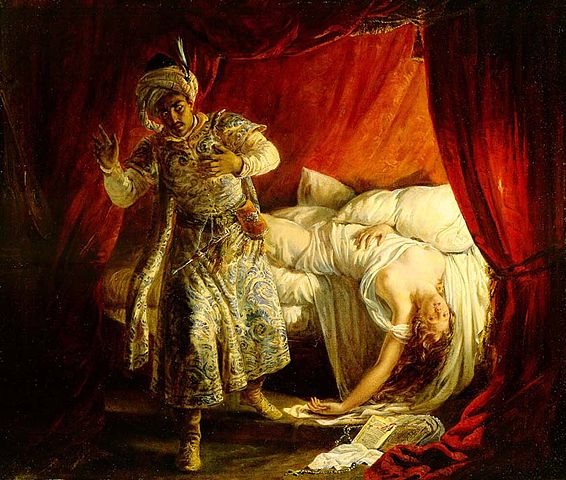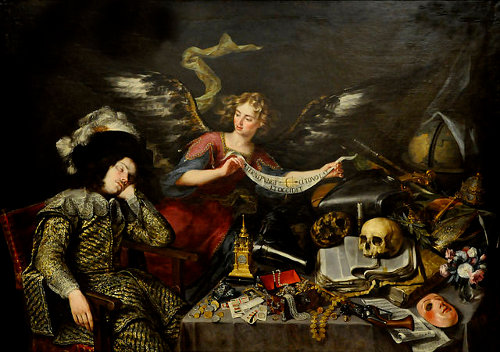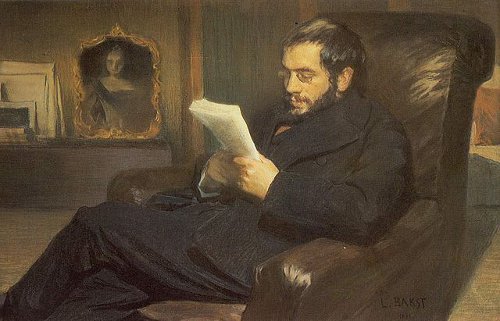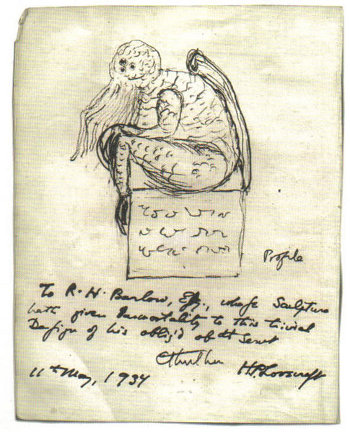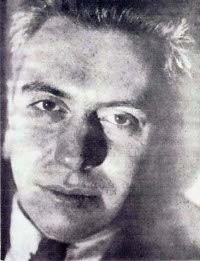
After Hart Crane’s death in 1932, scholars discovered that his poem “Emblems of Conduct” was largely a collage of lines borrowed from an unsuccessful Austrian poet named Samuel Greenberg, who had died of consumption in a New York hospital in 1917.
Critic William Murrell Fisher had shared some of Greenberg’s work with Crane in the early 1920s, noting that “when his eyes lighted on some of the poems, he became very excited. He flared up in a corner with it.” Crane later called Greenberg “a Rimbaud in embryo” whose work radiated “a quality that is unspeakably eerie.” To a friend he praised the “hobbling yet really gorgeous attempts that boy made without any education or time except when he became confined to a cot.”
Crane borrowed Greenberg’s notebooks from Fisher and began to arrange his favorite lines into a collage, which he called “Emblems of Conduct” after Greenberg’s poem “Conduct,” and Allen Tate and Malcolm Cowley persuaded him to include it in his first book of poems without knowing its origin.
Discovery of the debt raised charges of plagiarism against Crane, but there’s little indication that he intended to take credit for Greenberg’s work, and “Emblems of Conduct” brought attention to Greenberg that he might never have found otherwise. “All artists are plagiarists until they become transcenders,” wrote Clive Fisher in his 2002 biography of Crane, “but the fact remains that although we can never know what Greenberg might have achieved in a fairer world, there is nothing in the corpus of his work to equal even the secondary achievements of his famous admirer.”
